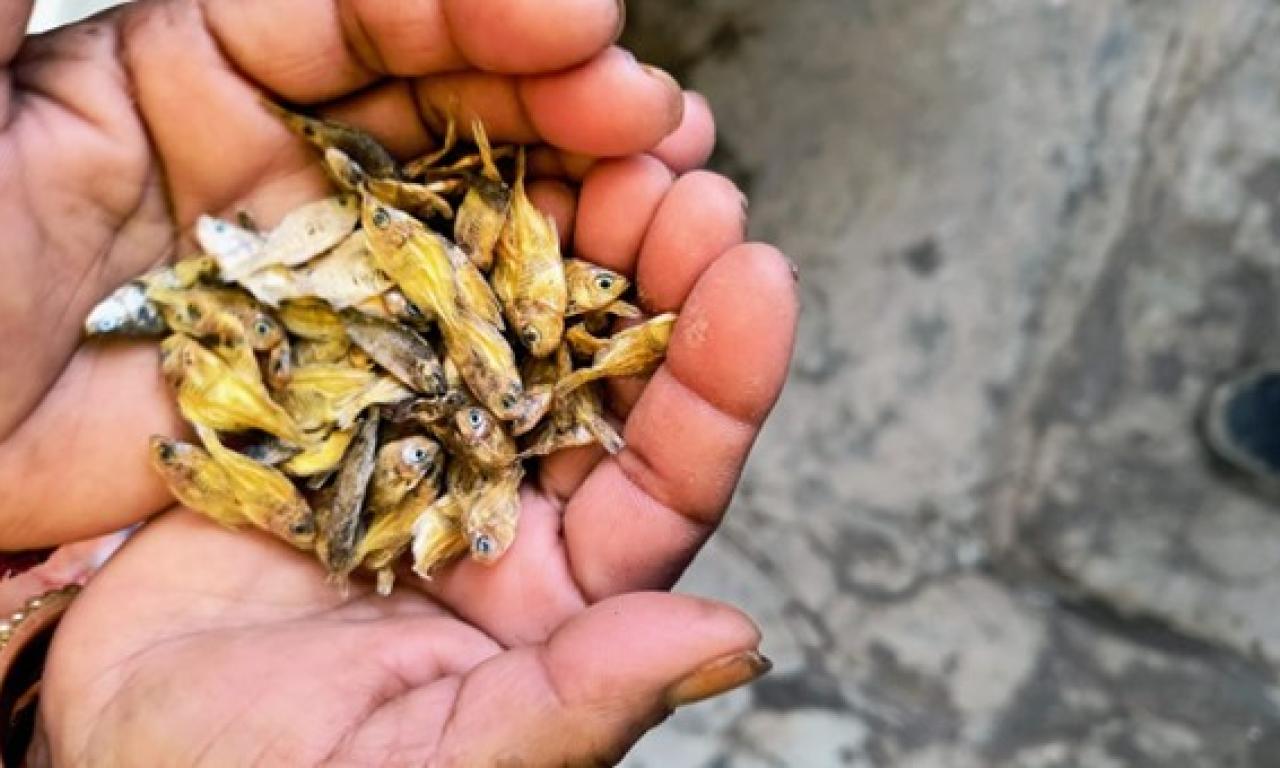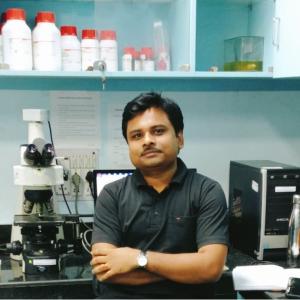
Social Entrepreneurship has emerged as an approach of social change. Social entrepreneurs have addressed the issues related to triple bottom lines (Social, Economic and Environmental) by adopting innovative entrepreneurial methods to bring about sustainable positive social change (Guha, 2021). It is also a method of social and economic value creation (Singh, 2016). Social entrepreneurs can work for the betterment of the society in different ways: by addressing the community needs, enhancing the capacity of local communities which might transform the cultural context; by developing skills and capacities of the marginalized section of the society to increase the productivity which leads to transform the economic process of development and inclusive growth. It also helps the communities reduce inequality, get the justice and peace. Social entrepreneurs also work on innovative business model such as cross subsidization model, Cooperatives etc., which addresses issues related to sustainable development goals such as poverty and inequality alleviation, women empowerment, climate change, retaining biodiversity, sustainable institutions etc.
Centre for Social Entrepreneurship (CSE) at the School of Management and Labour Studies (SMLS), Tata Institute of Social Sciences (TISS), Mumbai, aims to bring social change in an entrepreneurial way in India since 2007. Since 2012, several CSEs have produced several students and grassroots-level entrepreneurs through the outreach programme, by focusing on integrated farming, food production, solid waste management, and education in states like West Bengal, Madhya Pradesh, Chhattisgarh, and Jammu and Kashmir in the Indian subcontinent. The uniqueness of TISS’s work is based on social research. They have developed the entrepreneurship development programme for the grassroots entrepreneurs, youth, and local social organizations in the remotest parts of India. The team believes that any academic institution has a crucial role to work with the community and the underprivileged section of society for their upliftment and empowerment.
Recently, CSE, TISS has signed an MoU with WorldFish, to do the joint social sciences research on rural livelihoods related to Agroecological entrepreneurship by focusing on the aquatic food system as the key component. The collaboration aims to address development goals related to poverty, food security, climate change, institution building, life under water, livelihoods, and women empowerment, which come under SDG 1,2,3,5,12, 13, and 14.
Promoting sustainable aquaculture, business management, and market access to create innovative and equitable enterprises benefit both communities and the environment. Key skills include mapping resources, implementing nature-based practices, diversifying production, building community cooperation, developing value-added products like processed fish, and adopting digital tools for efficiency and market reach. Both TISS and WorldFish would like to give special focus on providing these skills improvement to youth and women, fostering job creation, improving nutrition, and enhancing economic prosperity within the aquatic food system in the Indian context.

From the benchmark innovation of TISS, it has been revealed that in the rural areas in India, the majority of the grassroots entrepreneurs engaged in agriculture, integrated farming, agro-based handicrafts are facing challenges of pricing of the product, cost calculation, marketing, backward and forward market linkages, operational challenges due to climate change, and lack of opportunities (Reji and Guha, 2019; Guha et al, 2017). These findings are consistent with WorldFish's focus areas and recent studies of India's diverse inland and marine aquatic food systems. In order to promote aquatic food system-based agroecological transitions, both centers are particularly interested in developing agroecological entrepreneurs by comprehending local biophysical and social contexts, encouraging collaboration, and utilizing bottom-up, territorial approaches to make a significant, long-term impact on India's aquatic food systems.


